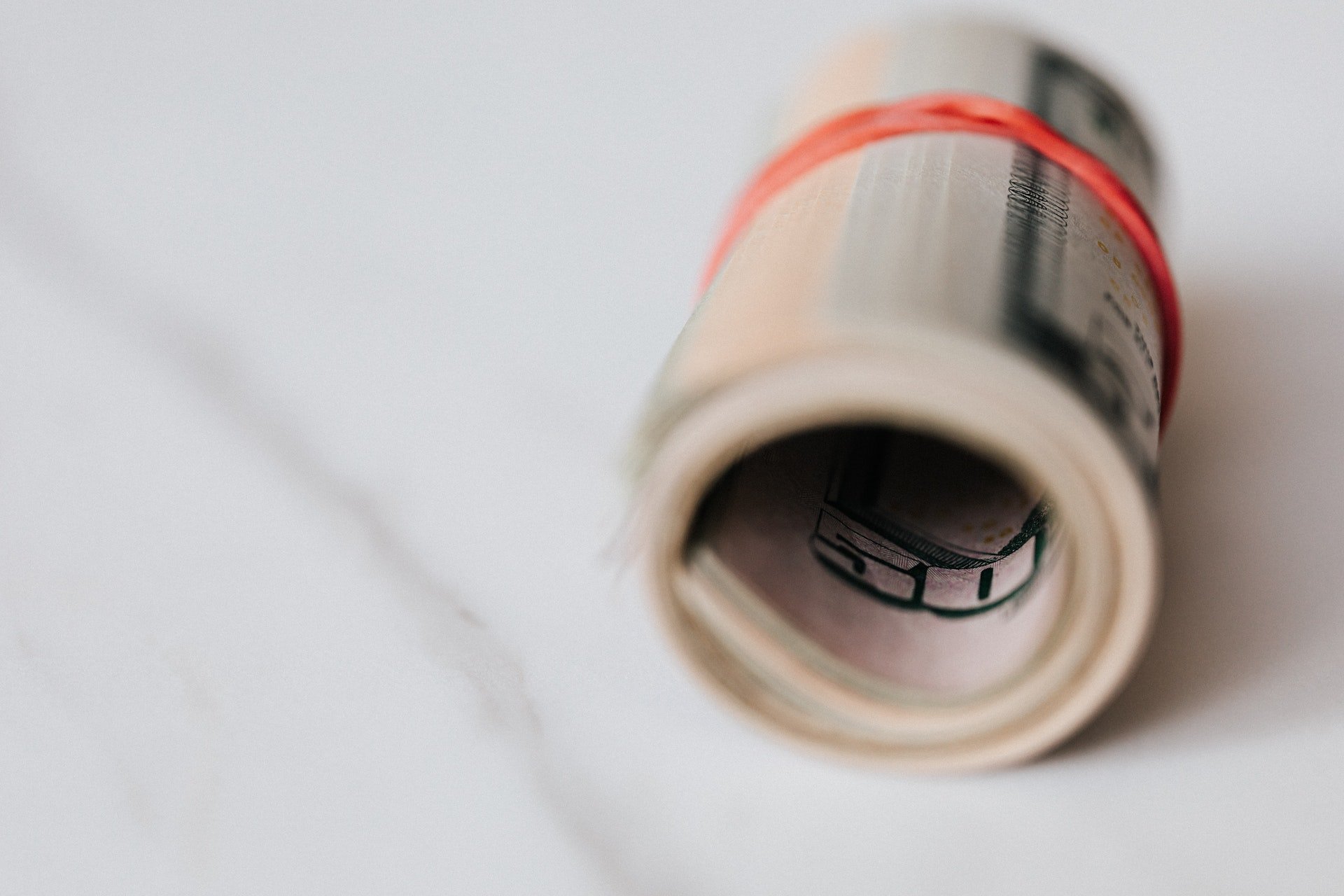A budget is one of the most important financial tools we have available to us. When you have a budget and stick to it, your financial life becomes more predictable. You know how much you’ll have to set aside for emergencies and unexpected expenses, while ensuring that you are able to take care of all your bills and expenses. One of the biggest mistakes I see people making is that they create budgets that aren’t realistic and that they can’t stick to. So creating a budget that’s realistic and you can stick to is the most important step. For more tips on how to make a budget you can stick to and that can help transform your finances, keep reading to learn more.
1. Track Your Expenses for a Month
One of the best things you can do for making a budget you can stick to is to track your expenses for the month. That way you can get an accurate idea of what you’re currently spending and you can get ideas for areas of your spending where you can cut costs. If you try to make a budget without tracking, chances are you’ll completely underestimate your expenses and spending and then have to keep correcting the budget. If you can see a clear picture of what you usually spend, then you can see if there are any gaps in your budget you can use to save or cut down.
2. Create a Realistic Budget
Sometimes people when they try to budget are over optimistic and make budgets they can’t realistically stick to. Maybe they set saving goals that don’t factor in all their expenses, which can be really disheartening because when push comes to shove there’s really no way they can actually meet their goals. One of the things I’ve noticed about savings is that you get momentum, so when you are meeting your goals then you feel more motivated to save more and so on. So having a budget that you can succeed with is a really important part of setting yourself up for success.
3. Set Up An Emergency Fund
One of the things that’s hard about having a budget is that there will always be surprise expenses that can throw you off. An emergency fund works as a financial buffer that will allow you to weather any storms or surprise costs that come up. The size of your emergency fund will depend on how much you need each month for expenses. As a general rule, it’s a good idea to start with at least an emergency fund large enough to cover three months worth of expenses. Then as time goes on, you can increase it until you have whatever amount feels comfortable for you. This means that whenever you have an unexpected expense, you’ll be able to pay for it out of your emergency fund and you’ll be able to maintain your normal budget.
4. Track As You Go
One of the most important parts of having a budget is also monitoring your expenses. You will want to track your spending as you go. I find doing all the math and numbers at the end of the month is quite inefficient, so if you can do it while you’re spending then you’ll be able to see things in real time. There are apps that help you connect automatically to your bank account . You can categorize your spending so you can easily see where your money is going and if you’re sticking to your budget.
Making a budget you can stick to is a really important part of ironing out your finances. I hope these tips make it easier for you to make and stick to a budget in the new year!




